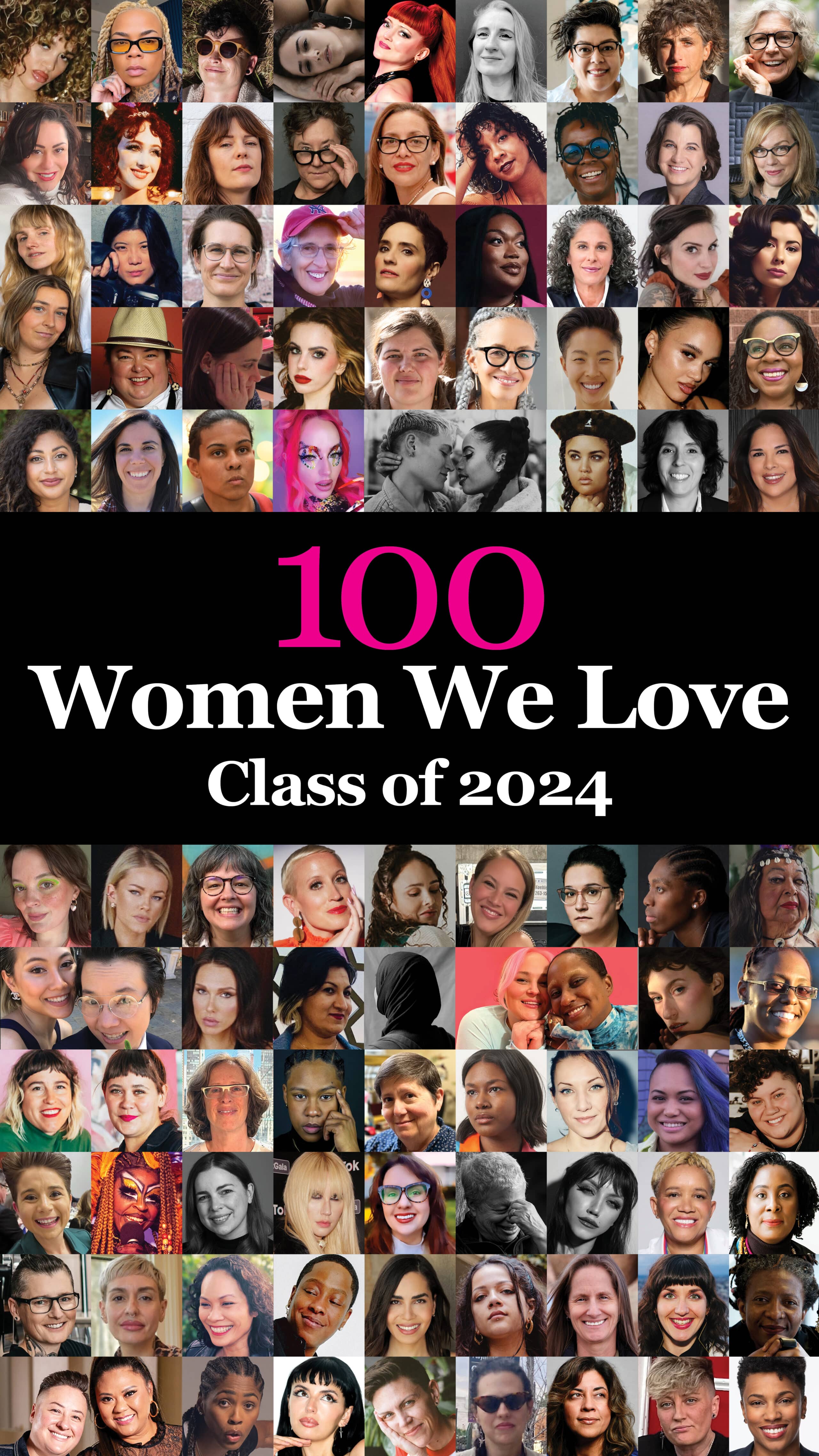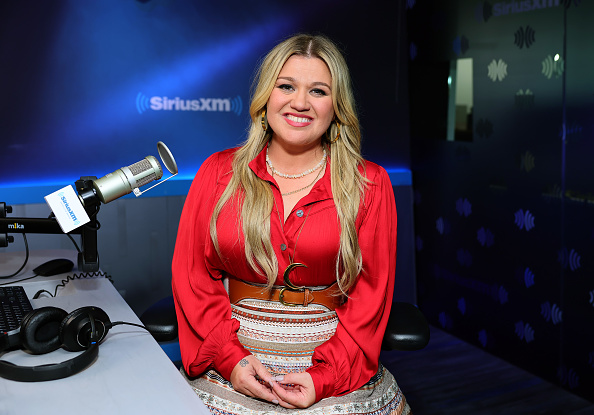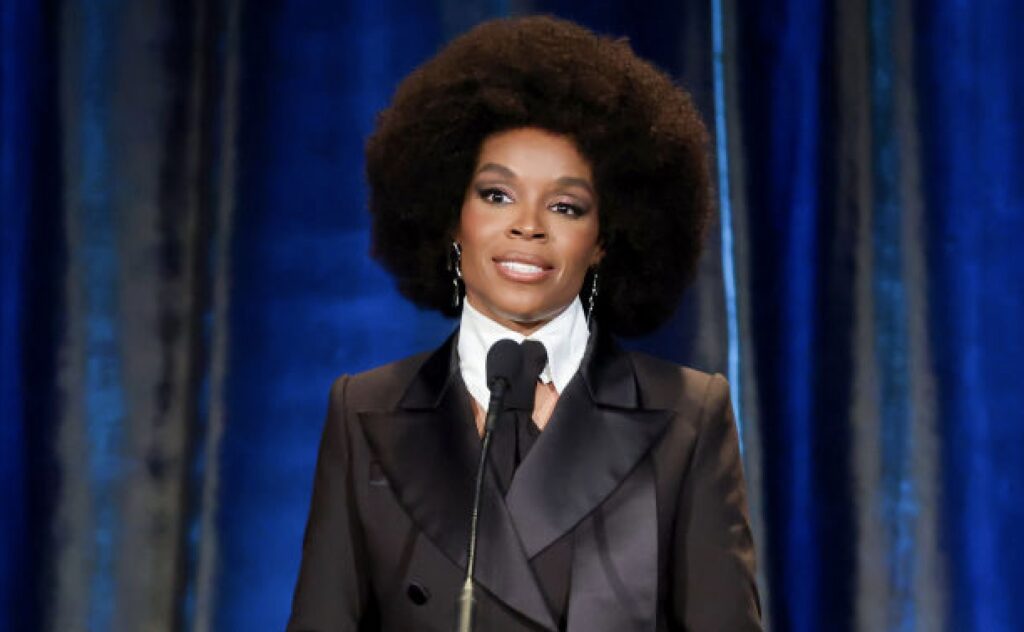LGBTQ+ Representation Has Dropped For The First Time In 5 Years, Says GLAAD

GLAAD has released its annual Where We Are on TV report, which looks at LGBTQ+ representation in television for the past year. The report, released Thursday, noted a major dip […]
GLAAD has released its annual Where We Are on TV report, which looks at LGBTQ+ representation in television for the past year. The report, released Thursday, noted a major dip in LGBTQ+ characters from last year, when 10.2% of all TV characters were representational. This year’s study reports that only 9.1% — or 70 total — of recurring characters in broadcast scripted primetime TV were identified as LGBTQ+.
The 2020-2021 TV season has also been the first in five years to see any kind of drop in LGBTQ+ representation. GLAAD wasn’t concerned though, as the organization was already expecting a decline because of the Covid pandemic, which has and continues to affect almost everything and everyone.
“It must be a priority to introduce nuanced and diverse LGBTQ characters in 2021 and beyond, ensuring that this year’s decreases do not become reverse progress as the industry continues to evolve and adjust to this unique era’s challenges,” GLAAD’s director of entertainment research and analysis Megan Townsend wrote in the report.
GLAAD’s report takes an in-depth and expansive look at LGBTQ+ characters on TV, seeking to understand not just how many exist, but the representation they’re actually providing. For example, this year’s report found that just over half of the recurring and regular LGBTQ+ characters on a cable series were people of color. Latinx, Asian, and Pacific Islander characters also decreased by two percent from last year.
Transgender representation on TV fell quite a bit over the last year, decreasing from 38 to 29 across all TV platforms — a drop of almost 24%. Despite the decline, the report does showcase some promising results. On streaming platforms, 51% of characters featured are LGBTQ+.
In a statement, GLAAD President and CEO Sarah Kate Ellis discussed the decline, noting the ongoing pandemic has presented unprecedented obstacles for the TV industry overall. However, she notes, this time of major evolution in the American public could lead to a representation boom as the TV industry kicks back up — whenever that would be.
“In the midst of a destructive pandemic, a long-overdue cultural reckoning with racial injustice, and a transition into a new political era for this country, representation matters more than ever as people turn to entertainment storytelling for connection and escape,” said Ellis in a statement. “This time of unprecedented change matched with increased demand represents an opportunity to break new ground with stories we have not seen before and create LGBTQ+ characters that do not reinforce harmful stereotypes.”











